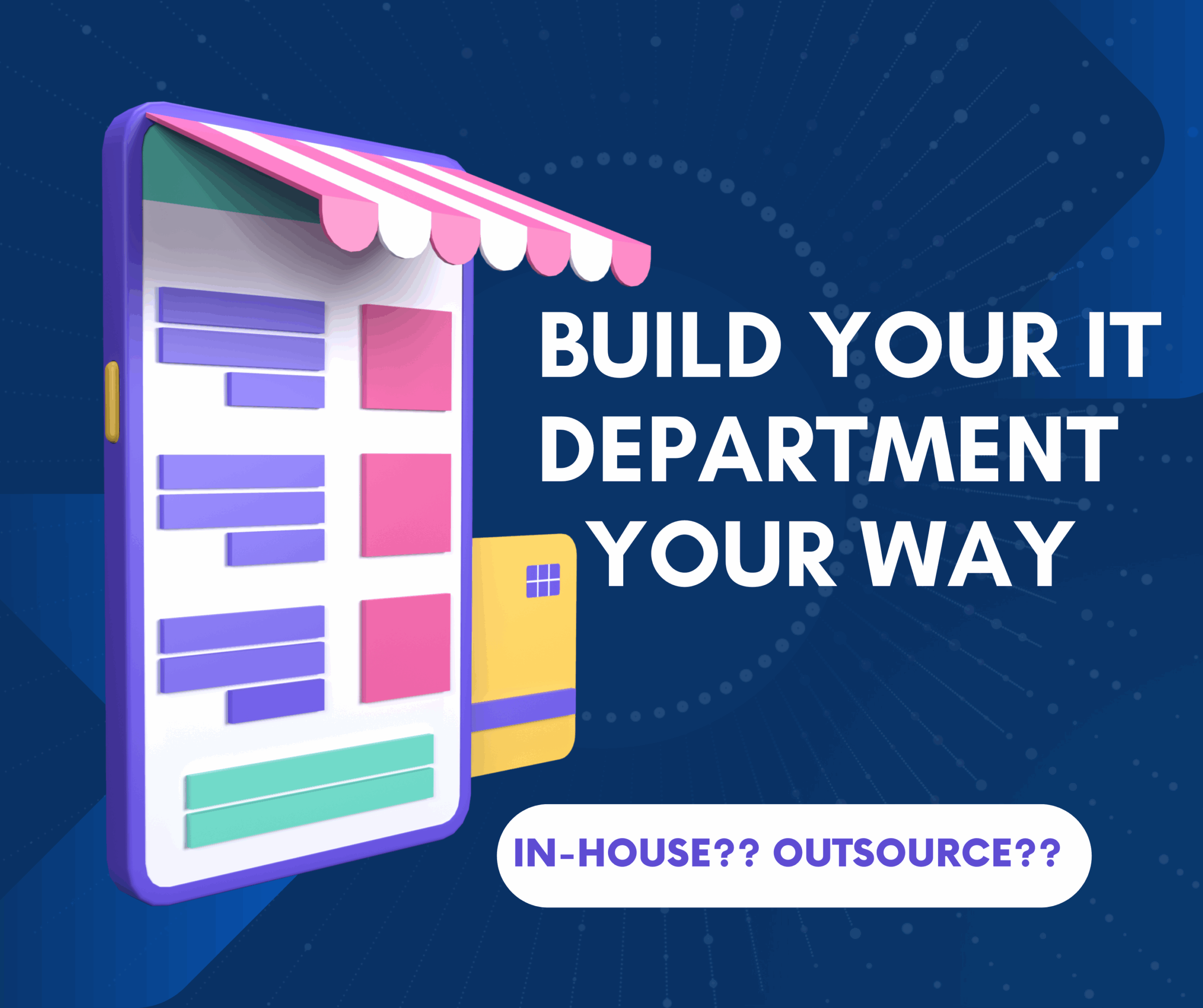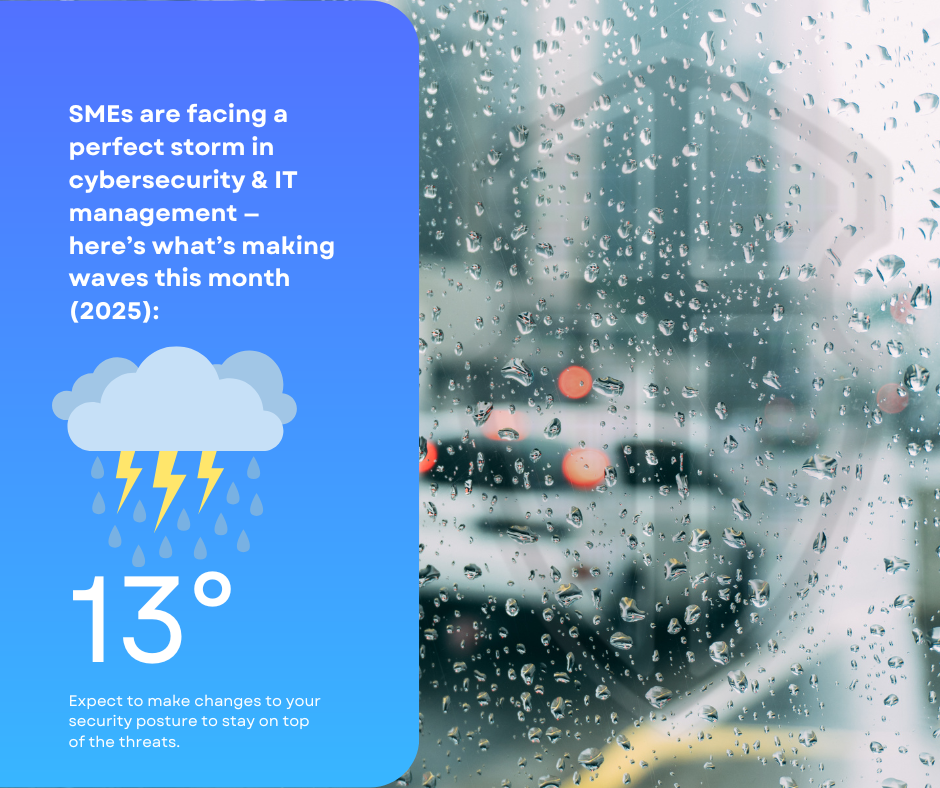Today, AI‑Powered Attacks and Deepfakes are rapidly reshaping the cybersecurity landscape, especially for small and medium-sized enterprises (SMEs). These businesses are no longer flying under the radar. Cybercriminals now use advanced tools powered by artificial intelligence to target vulnerable organizations with alarming precision. As these threats grow more complex, partnering with a seasoned cybersecurity consultant becomes not just beneficial—but essential. In this blog, we explore how SMEs can reduce risk and prevent devastating attacks by staying one step ahead.
Understanding the Threat: AI Is Now in the Hands of Hackers
To begin with, AI is no longer reserved for tech giants and research labs. Today’s cybercriminals are leveraging affordable, user-friendly AI tools to create convincing fake voices, cloned videos, and automated attacks at scale. For example, a deepfake scam in Hong Kong used a fake video call to trick an employee into sending $25 million to fraudsters posing as executives (Read more on this here: Business Insider).
Even more concerning, these tools are increasingly being used against small businesses. A recent report found that nearly 50% of SMEs have already encountered an AI-enabled attack. These include phishing emails written by AI, voice deepfakes that impersonate leadership, and malware that adapts in real-time to bypass security systems. As a result, AI‑Powered Attacks and Deepfakes are now one of the most urgent threats SMEs face.
Why SMEs Are Prime Targets
Although large corporations make headlines, smaller businesses are often seen as easier, more accessible targets. Many lack dedicated IT teams or robust cybersecurity infrastructure, making them ideal victims for these AI-fueled attacks. What’s worse, the damage from a single incident—financial loss, legal exposure, or reputational harm—can be difficult or even impossible to recover from.
This is why AI‑Powered Attacks and Deepfakes are more than just a tech issue—they’re a business risk that demands strategic attention.
Prevention Starts with the Right Partner
This is where partnering with a seasoned cybersecurity consultant becomes a game changer. These professionals help SMEs identify vulnerabilities, set up preventive measures, and stay ahead of fast-moving threats. Common solutions include implementing endpoint protection, multi-factor authentication, and secure backups—alongside crucial employee awareness training.
Even more importantly, consultants help tailor these tools to the size and budget of an SME. They can monitor new threats, help respond to incidents quickly, and ensure ongoing compliance with security standards. In doing so, partnering with a seasoned cybersecurity consultant significantly lowers the chance of falling victim to AI-based scams.
Lower Risk, Higher Resilience
By taking action now, SMEs can greatly lower risks and improve resilience without the overhead of building an in-house security team. Not only do you get peace of mind, but in many cases, businesses that adopt strong cybersecurity practices also qualify for reduced cyber insurance premiums—making the investment even more worthwhile.
In summary:
-
AI‑Powered Attacks and Deepfakes are on the rise and now pose serious threats to SMEs.
-
These attacks are smarter, faster, and more convincing than ever before.
-
Partnering with a seasoned cybersecurity consultant is the most effective way to reduce risk, prevent costly incidents, and build long-term resilience.








